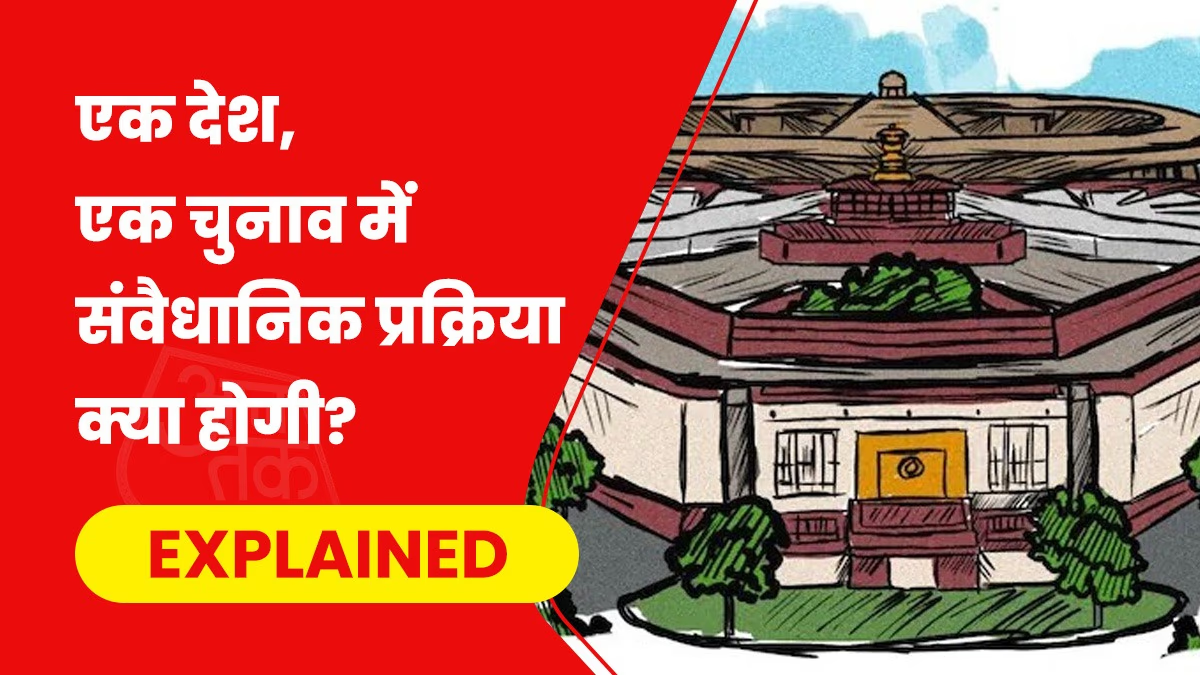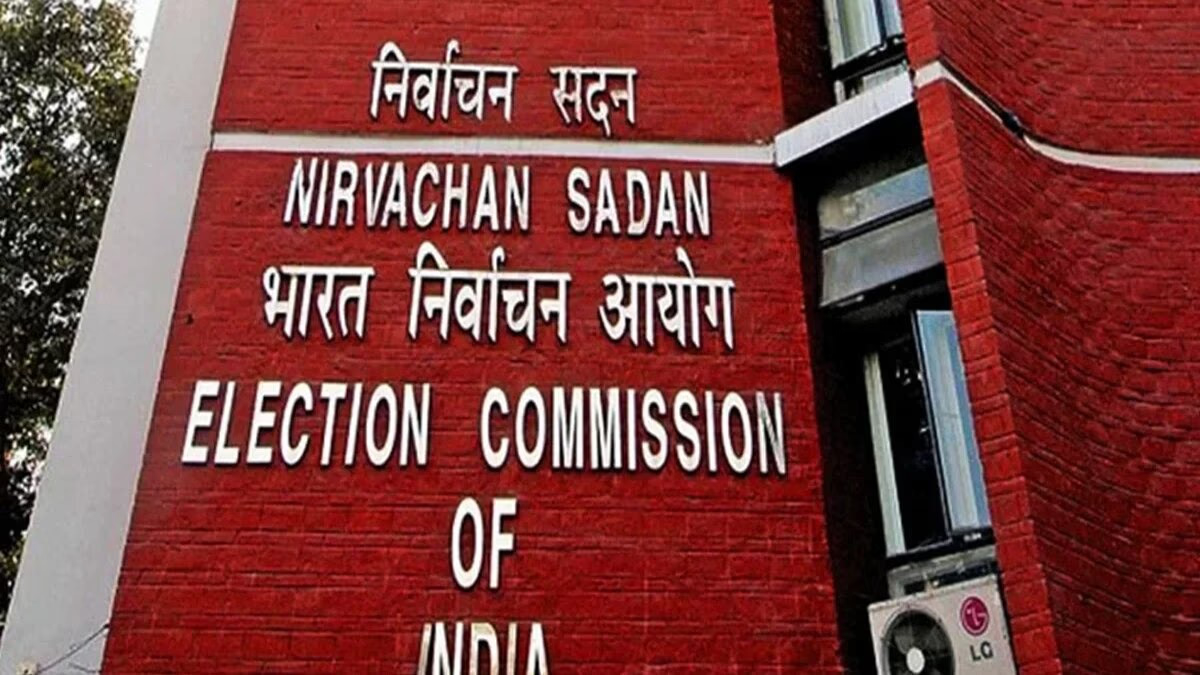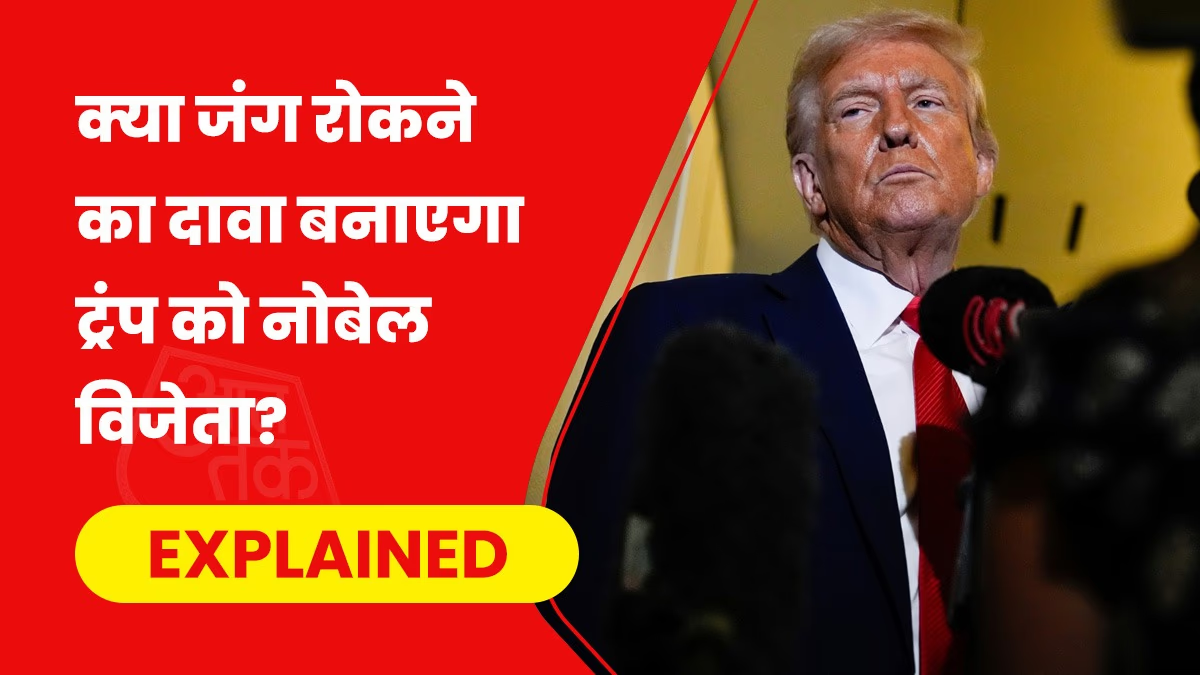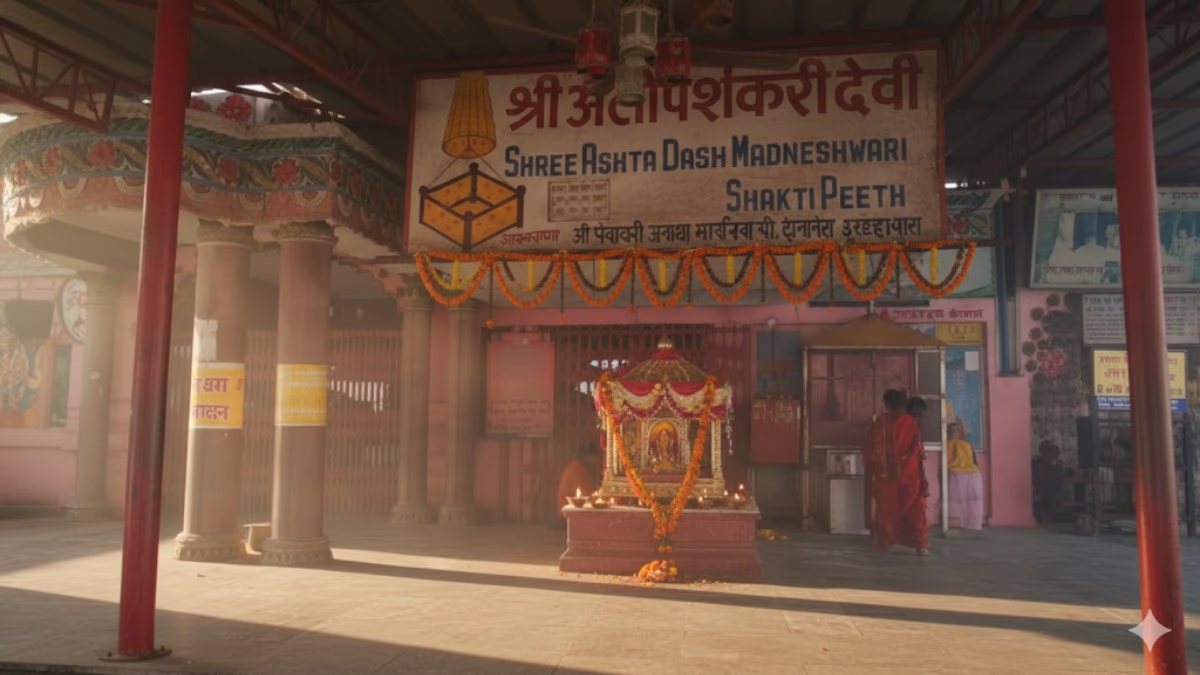The Modi government, which had been advocating for 'One Nation, One Election' for years, is now preparing to implement it. It is reported that the Modi government might bring the bill in its current term. If this happens, the Lok Sabha and state assembly elections across the country could be held together in 2029.
This information came to light on the completion of 100 days of Prime Minister Narendra Modi's third term. After the Lok Sabha election results were announced on June 4, Modi took the oath as Prime Minister for the third time on June 9.
'One Nation, One Election' is one of the priorities of the Modi government. The BJP had also mentioned it in its manifesto for the 2024 Lok Sabha elections and promised to work on implementing the committee's recommendations.
This year on August 15, from the ramparts of the Red Fort, PM Modi appealed to everyone to come forward for 'One Nation, One Election.' At that time, Prime Minister Modi said, 'Frequent elections are becoming a hindrance to the country's progress. Today, it has become easy to link any plan with elections because elections are being held somewhere every three or six months.'
Now, sources have reported that the NDA government aims to introduce the related bill in its current term. The government hopes to garner support not just from its allies but also from other political parties for this bill.
How will it all happen?
If the government intends to hold simultaneous elections in the country, it will first need to amend the constitution. Last year, the government informed the Parliament that five constitutional amendments would be required to hold Lok Sabha and state elections together.
- Article-83:
According to this article, the term of the Lok Sabha is five years. Article 83(2) provides that this term can only be extended for one year at a time.
- Article-85:
The President is endowed with the power to dissolve the Lok Sabha prematurely.
- Article-172:
This article sets the term of the state assemblies at five years. However, under Article 83(2), the term of the assembly can also be extended for one year at a time.
- Article-174:
Just as the President has the power to dissolve the Lok Sabha, similarly Article 174 grants the Governor the power to dissolve the state assemblies.
- Article-356:
This provides for the imposition of President's Rule in a state. President's Rule can be implemented in a state on the Governor's recommendation.
Is this possible?
Article 368 of the Constitution grants Parliament the power to amend the constitution, provided it does not damage the basic structure of the constitution. This means that Parliament cannot alter the basic framework of the constitution.
The constitution permits the government to make amendments. However, a bill would need to be introduced for this amendment. Passing this bill in both houses of Parliament—Lok Sabha and Rajya Sabha—will be necessary.
Moreover, even if the bill passes both houses of Parliament, it must still be ratified by the state assemblies of at least 15 states.
Will it get support?
If the government brings the 'One Nation, One Election' bill, it will need the support of political parties to get it passed.
In the NDA government at the center, apart from BJP, major parties include Chandrababu Naidu's TDP, Nitish Kumar's JDU, and Chirag Paswan's LJP (R). JDU and LJP (R) are in favor of 'One Nation, One Election,' while TDP has yet to respond.
A committee led by former President Ram Nath Kovind contacted 62 political parties. Out of these, 32 supported 'One Nation, One Election,' while 15 were against it. Another 15 parties did not provide any response.
JDU and LJP (R) supported 'One Nation, One Election,' stating that it would save time and money. TDP did not give a response. However, in 2018, TDP argued before the Law Commission that it could harm the basic structure of the constitution.
Meanwhile, the Congress, Samajwadi Party, Aam Aadmi Party, CPM, and BSP, among other parties, opposed it. Other parties like Jharkhand Mukti Morcha, TDP, and Indian Union Muslim League were among those that did not provide any response.
What next?
For 'One Nation, One Election,' the government must first introduce a bill. Since this bill will amend the constitution, it can only be passed if it gets two-thirds majority support in both houses of Parliament.
This means the bill needs the support of at least 362 members in the Lok Sabha and 163 members in the Rajya Sabha.
After passing in Parliament, the bill also needs to be ratified by the state assemblies of at least 15 states. Once ratified by 15 state assemblies, the bill will require the President's signature to become law.




